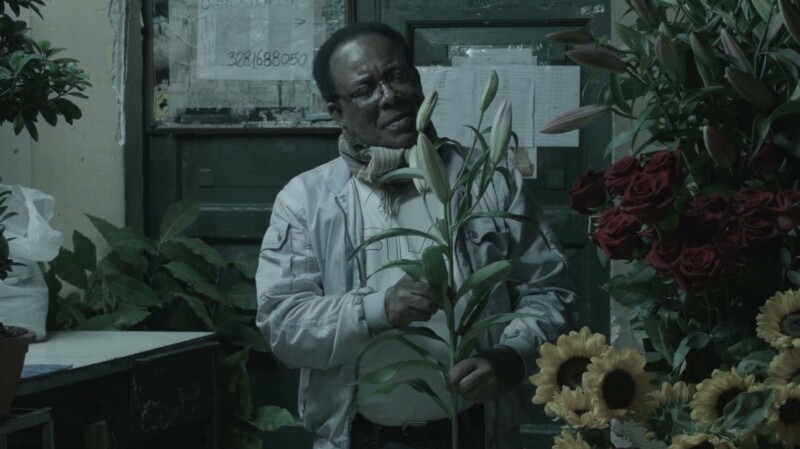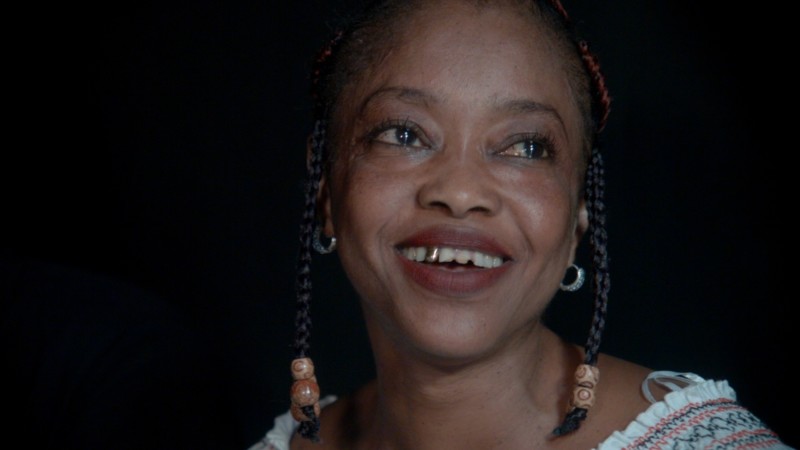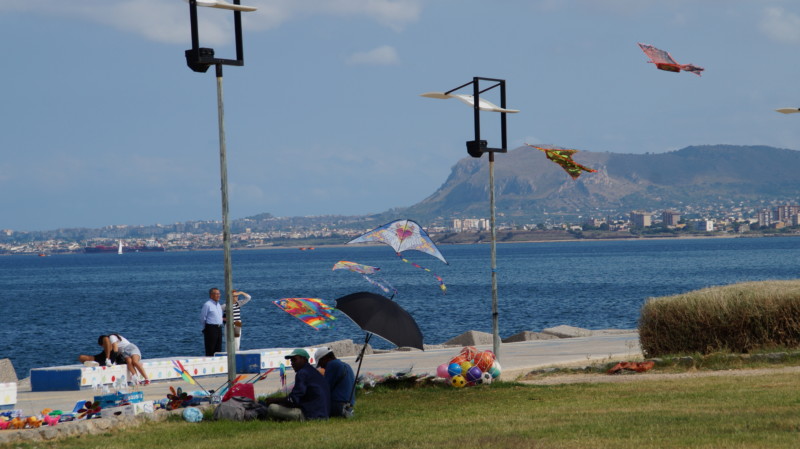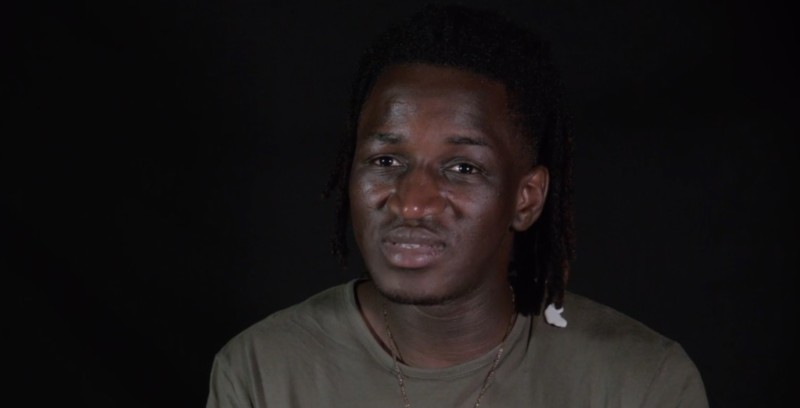The local level is increasingly seen as a new space for solutions to political dead ends generated by the nation state. In the end, it is the municipalities and the cities, upon which the responsibilities for the implementation of the political decisions around migration are imposed, which by and large are reached on a nation-state and international level. Advocates of the local turn in the science, politics, NGO and civil society argue in favor of giving cities and municipalities more leeway and authority in the field of decision-making within migration politics. This would allow on-site networks of municipal political institutions, NGOs, civil society, refugees as well as economical and cultural actors to fully develop.
The idea to strengthen the local (urban) level has already been the subject of research and European politics for over 15 years. Many cities already have a strong self-understanding as cities of refuge and accommodation, they are, however, limited in the implementation of their politics by nation-state politics and the concomitant structural and financial solutions. The local turn investigate ways to take on what has been to-date classical national authority on the city and municipality level so that more participation in the sense of urban citizenship is made possible.
“Cities are not only the level at which national policies are concretely worked out, but they show a considerable capacity of elaborating their own original policy approaches even on matters, such as undocumented access to legal status, naturalisation and political participation, which are traditionally of a national competence.”
This also concerns the question of refugee distribution. Instead of a top-down policy of allocation, which neither persons seeking protection nor accommodating cities have any influence over, ways are being sought for cities and people, depending on their interests and skills, to find a common ground. While the right to self-determination and free movement is meant to be warranted to individuals in this way as well as the widest possible freedom of action at the place of arrival, municipalities also have the chance of ensuring the optimal preparation for and integration of migration into the municipal development plan:
“At the core of the recommendations is a mechanism which considers both those seeking protection and the receiving municipalities and their preferences, and which involves local support groups. Such a matching process which takes into account the needs and integration requirements of persons seeking protection as well as the receiving municipalities combines long-term integration prospects with regional development strategies. The systematic involvement of support groups would not only enhance the prospects of successful integration and increase the social capital of the refugees, but also strengthen the acceptance of their reception and social cohesion locally.”
The expansion of competences of municipalities should also be achieved with more financial support and less bureaucratic hurdles erected by the nation states and the EU. All this should lead to migration and inclusion as a process of participation and as an opportunity, not as a “top-down burden” which needs to be rethought and implemented.
“All of these developments suggest that particularly larger European cities consider themselves less and less to be merely the national government’s implementing agencies for integration. Instead they increasingly appear as independently acting participants in migration policy with a comprehensive agenda which also concerns the conditions for entry.”







